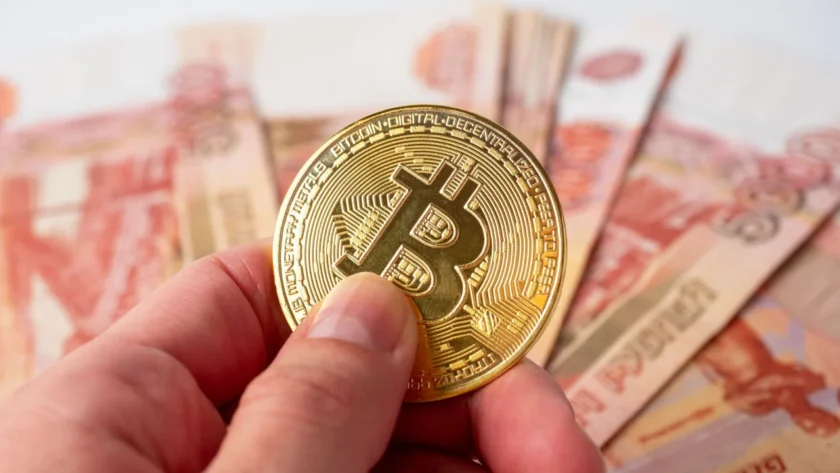Bollywood Fever, United States: The SEC’s Office of Investor Education and Advocacy has issued a warning about five common crypto scams that investors should be aware of to avoid financial losses.
The SEC warns that fraudsters are taking advantage of the popularity of cryptocurrencies with sophisticated techniques, making it difficult to recover stolen funds.
The SEC’s warning highlights five tactics used by fraudsters to convince investors to hand over their money.

Firstly, fraudsters build trust through social media or accidental text messages, pretending to be acquaintances. They then move conversations off the initial platform, establish relationships, and propose lucrative crypto investment opportunities. They create legitimate-looking but fake websites, showing fake profits and allowing small withdrawals to build trust before soliciting larger sums, which then become inaccessible.
Secondly, fraudsters exploit the hype around emerging technologies like artificial intelligence (AI). They use AI-related buzzwords and claims of high returns to attract investments. AI technology is also used to create realistic websites, marketing materials, and deepfake content, imitating celebrities or trusted individuals to gain confidence.
Thirdly, fraudsters impersonate trusted sources, including government agencies like the SEC. They use AI technology and hacked social media accounts to send messages appearing to be from friends or family, promoting fraudulent investment opportunities. Even if a pitch seems to come from a known person, it could be a scam.

Fourthly, the SEC warns that fraudsters may conduct pump-and-dump schemes with crypto assets, including so-called “memecoins” that refer to popular culture or internet memes. For example, fraudsters may create a memecoin and then tout it on social media to get others to buy and “pump” up its price. Then they “dump” the tokens before the hype ends, profiting from the pumped-up price.
Lastly, fraudsters demand additional payments for withdrawals, known as advance fee fraud. They may claim accounts are frozen or under investigation, or request repayments for supposedly mistaken deposits. Scammers also target previous victims, promising to help recover lost assets for additional payments or access to private keys, leading to further losses.
In conclusion, the SEC advises investors to be cautious and avoid decisions influenced by unsolicited contacts or social media recommendations. It is essential to independently verify any claims and exercise caution with investments that require payment via crypto assets.
Also Read, Santander Data Breach: Hackers Target Bank’s Confidential Information
Indian ED Seizes $15.5 million in Cryptocurrency Linked to International Drug Trafficking Syndicate
